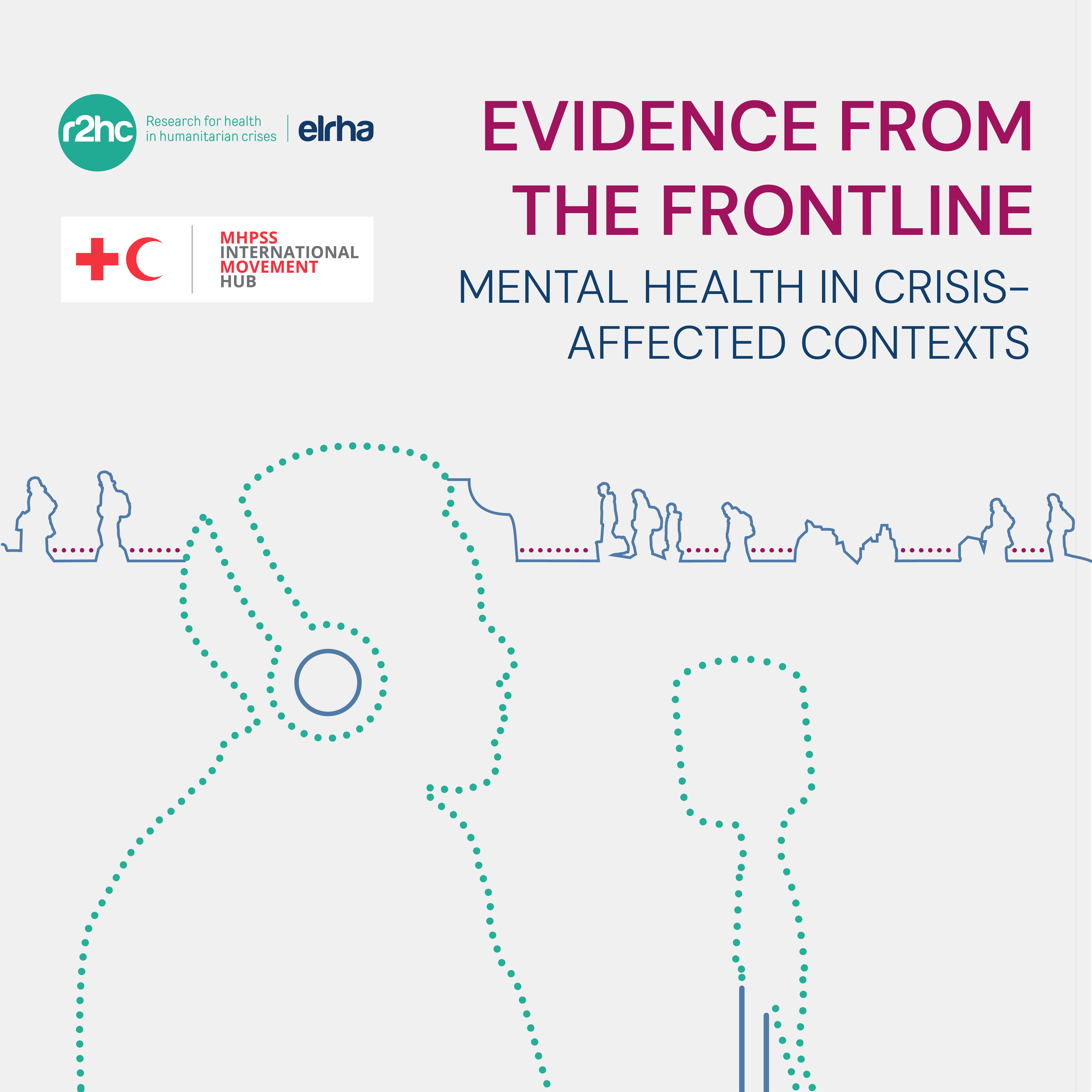Evidence from the frontline: Mental health in crisis affected contexts, episode 4: Thinking Healthy

Listen to the podcast here or subscribe to Evidence from the frontline: Mental health in crisis affected context on Apple Podcast, Spotify, or wherever you find your podcasts.
In this fourth episode of Evidence from the frontline: Mental health in crisis affected contexts, we’ll be talking about why dealing with maternal depression is important in humanitarian settings and tackling the complex issue of perinatal mental health.
Thinking Healthy (TH), a brief psychological intervention that can be delivered by trained and supervised community health care workers. It uses simple cognitive behavioral techniques to provide mothers with support and to improve mental health outcomes for the mother and new-born infant.
In this episode, Sarah Harrison, Director of the Red Cross Red Crescent Movement MHPSS Hub, speaks with Dr Waood Afara, Senior Mental Health and Psychosocial Support Officer at the International Rescue Committee (IRC) in Yemen, and Dr Elisabetta Dozio Mental Health and Psychosocial Support Specialist at Action Contre la Faim (Action Against Hunger- AAH) in France. Dr. Waood and Dr. Elisabetta are experts in both the research and practice of the Thinking Healthy intervention.
Together we examine why dealing with maternal depression is important in humanitarian settings and explain how the intervention works in programming, including how to integrate TH in the workload of already overburdened community health workers. The link between caring for mothers and improving outcomes for children is explored, as are the cultural adaptations required to implement TH and measure its effectiveness. Key insights include importance of empathy and understanding from community and family members to support mothers in recovering, and the critical role that community health workers can play in improved maternal mental health if trained, supervised, and empowered.
Related resources
Key resources for practitioners
- Thinking Healthy: A manual for psychological management of perinatal depression (WHO manual in multiple languages)
- Thinking Healthy Training Guide for community health workers and volunteers (MHPSS Hub)
- Baby Friendly Spaces: Holistic Approach in Emergencies (ACF Guide)
Read more about the research
- Dozio E, Wamba V, Pueugueu I. Adapting the Thinking Healthy Programme for Perinatal Depression: A Culturally Tailored Approach in Three Central African Countries. European Psychiatry. 2025;68(S1): S151-S151. doi:10.1192/j.eurpsy.2025.386
- Tomlinson, M., Chaudhery, D., Ahmadzai, H. et al. Identifying and treating maternal mental health difficulties in Afghanistan: A feasibility study. Int J Ment Health Syst 14, 75 (2020).
Evidence from the frontline: Mental health in crisis affected contexts is a six-episode podcast mini-series produced in a collaboration between the MHPSS Hub and Elrha.
Designed for MHPSS practitioners working in humanitarian and crisis contexts, the series highlights impactful interventions and offers practical insights from experts in the field. It will explore critical topics including effectiveness, implementation, adaptation, integration into existing programmes, human resources, costs, and the importance of cultural and contextual relevance.